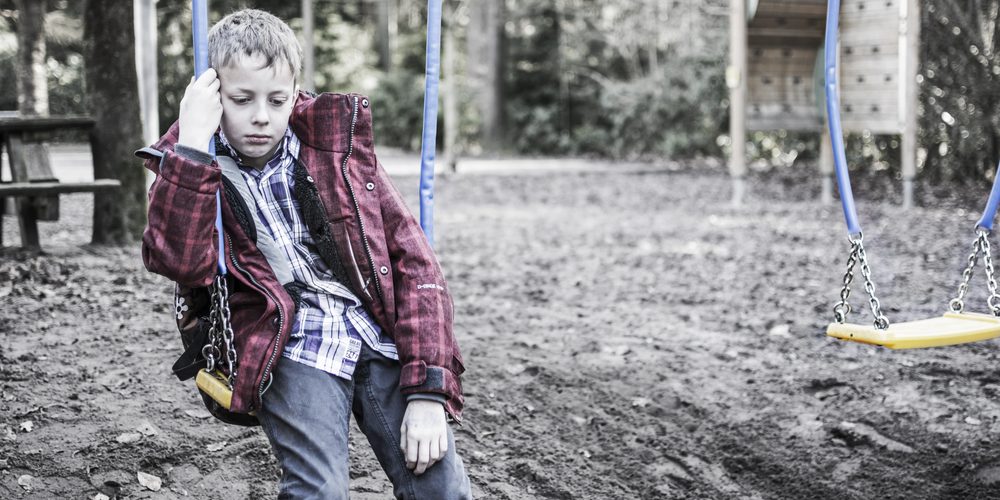As parents and foster carers, we are always concerned about our children/young people being vulnerable. When I was a foster carer and my children were of school age, I used to worry about them being bullied at school or being made to feel left out and isolated. How times have changed and how I wish we could return to what now, on reflection, appears to be those innocent days.
Today’s children/young people have so much to contend with. Not only do they have to live up to airbrushed media images, they are at risk of Child Criminal Exploitation and the very real dangers associated with this.
What is CCE? We have all heard on the news/press about County Lines – County lines is used to describe situations where young people may be trafficked for the purpose of criminal exploitation; it involves organised criminal gangs moving drugs from large urban communities to counties further afield; building new markets for their merchandise; it involves big money. Research shows that criminals recruit, transport and exploit vulnerable individuals, mainly children to carry out activity essential to their operations i.e. moving drugs from one place to another and selling them. East Enders have been highlighting County Lines in their story line just lately – they have depicted the risk of serious injury and loss of life in relation to county lines offending.
Data from 2018 identified potential victims (runners) as being between the ages of 15 and 17yrs old (although children as young as 11yrs of age have been found) as they provide the level of criminal capability but remain easier to control, exploit and reward than adults.
What does this mean for us as an agency and as foster carers?
Children/young people displaying vulnerabilities such as poverty, family breakdown and intervention by social services, children with Looked After Status, frequent missing episodes, behavioural problems and exclusion from school are more likely to be targeted by county Lines offenders – this is the children/young people we work with. Offenders implement a variety of control mechanisms to ensure that once caught young people continue to do as they are told. Debt bondage is regularly used – young people are sent out with drugs and then ‘robbed’ hence owe their handlers money, interest is continually added to this so young people have no change of escaping the stranglehold even if they want to.
As an agency and as foster carers we need to be aware of the young people we are caring for. Does your young person:
- Have money, new mobile, more than one phone, lots of credit, expensive clothing, Jewellery, new haircuts or other items/gifts which they can’t account for.
- Returned from missing episodes dishevelled or with injuries
- Have cards or keys to unknown premises
- Report being taken to parties, unknown areas etc.
The list goes on…
As an agency we implement return to placement interviews for any child who has been reported missing and concern escalates when a young person has been missing overnight. Sadly, the police report that offenders have caught on to overnight missing episodes being an ‘indicator’ for agencies and now often only send young people away for the day.
Some tips:
- Be interested in your LAC, be curious, listening to what they are saying
- If concerned, don’t make judgements especially in relation to their involvement in criminal activities. They may appear to be willing participates but it is likely that their actions and choices are being controlled by perpetrators with more power than them.
- Explain to the young person why you may have to share information
- Help build young people’s resilience looking at strengths and plans for their future.
- If the L.A. S/W or SSW does not arrange to visit and complete a return to placement interview – request this
- Make sure your recordings are up to date as they could provide vital information
As they used to say on Hill Street Blues, ‘Hey, let’s be careful out there’ and keep our children safe.
